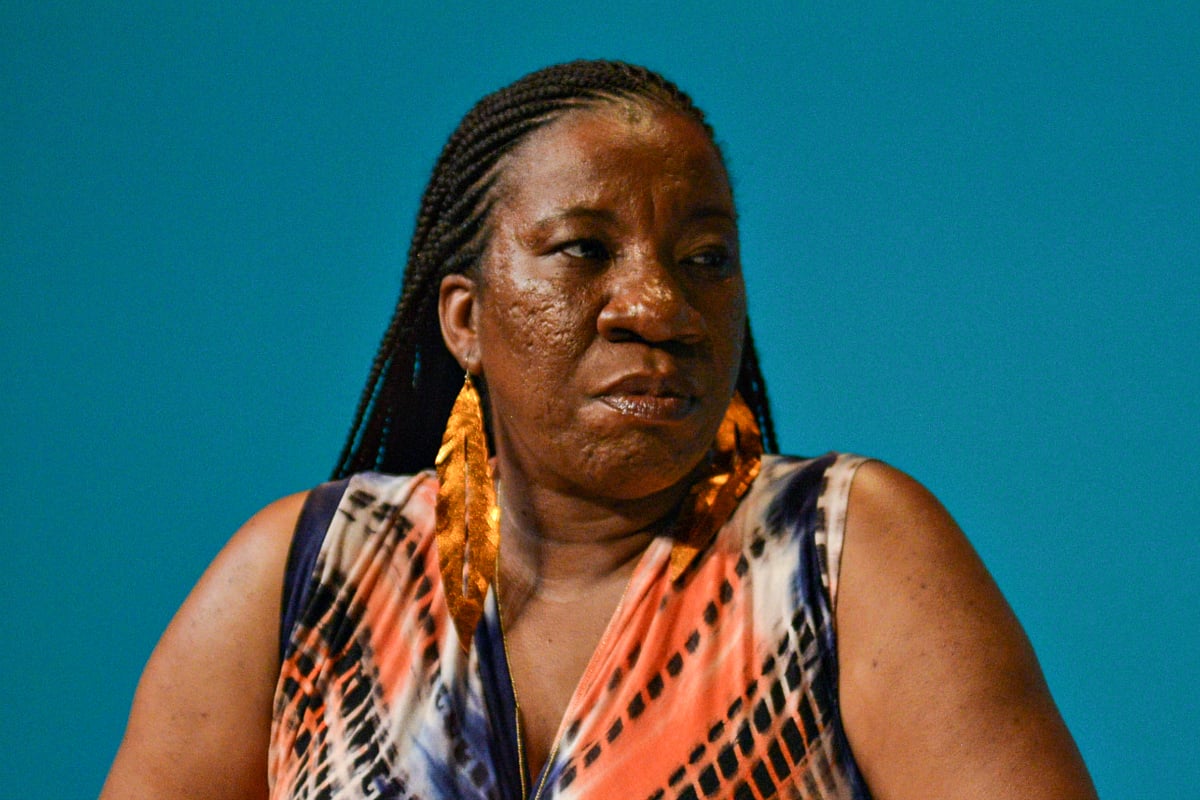
In October 2017, Tarana Burke woke up to find her life's work in other people's hands.
A hashtag was going viral; a hashtag the activist and community organiser had created on MySpace more than a decade earlier and carefully fostered on Twitter since.
Tens of thousands of women were attaching it to declarations that they had survived sexual harassment, assault or rape.
Burke traced the wave back to a call-out by actor Alyssa Milano. Feeling helpless in the face revelations about producer Harvey Weinstein's campaign of sexual abuse, the former Charmed star had encouraged sexual assault survivors to engage in a show of solidarity.
"If all the women who have been sexually harassed or assaulted wrote ‘me too’ as a status, we might give people a sense of the magnitude of the problem," Milano had tweeted.
Over the next year, the hashtag was used more than 19 million times, the catch-cry of a movement against sexual harassment and violence swept around the world, toppling the untouchable and giving silenced women a voice.
Burke just had to crusade to make sure she, and the Black survivors she'd fought so long for, could be heard among them.

Top Comments